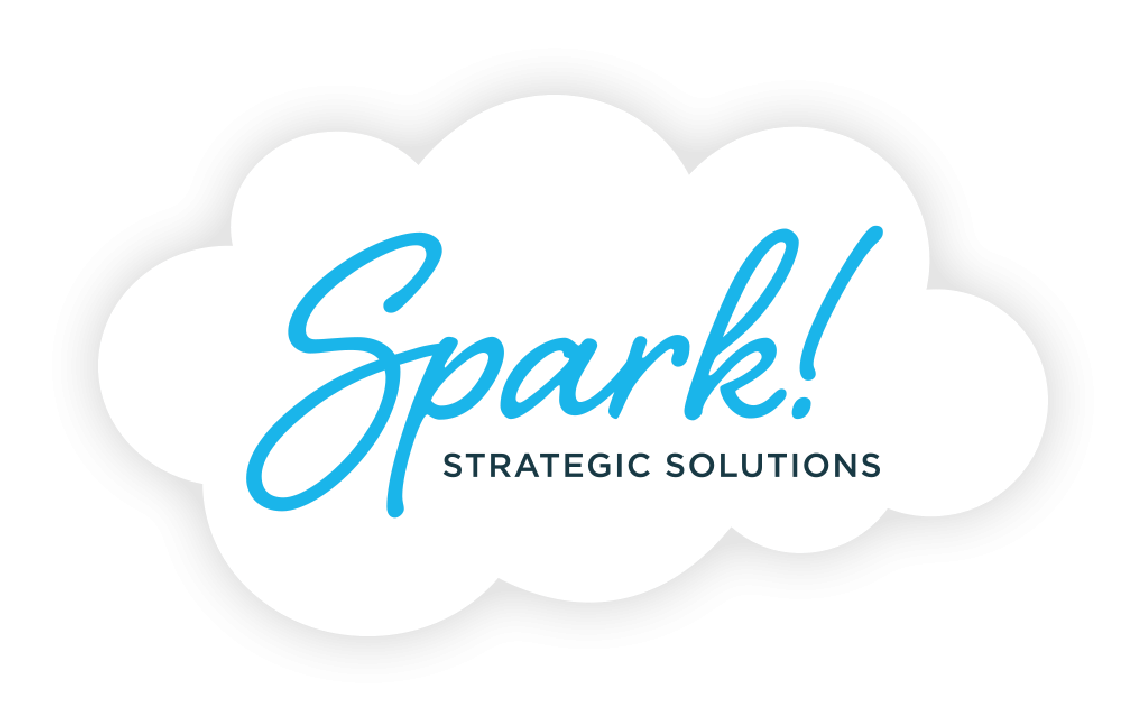
One of the lesser-discussed side effects of the COVID pandemic is the
epidemic of loneliness. 36% of respondents to a recent survey say that they experience “serious loneliness.”
Even worse, half of the lonely young adults reported that no one in the past few weeks had “taken just a few minutes” to ask how they were doing in a way that felt like the person “genuinely cared.” Research shows
employee well-being matters, in and out of the workplace.
Social health is one of the most essential pillars of employee well-being, and one that employers have an opportunity to help meet for their teams.
Fitness classes, volunteer programs, and book clubs: there are several ways employers can provide environments for social interaction at the workplace. At Spark!, one of our favorites is a team book club.
In our latest installment, we read
The Alchemist by Paulo Coelho, discussing its themes and messages and how we can apply them to our lives. Sometimes it can be difficult to get everyone together at the same time—we’re all very busy with work—but when we do, it’s one of our favorite times of the month.
Providing an open and safe space for team members to interact with each other and form communities around shared interests increases engagement and reduces turnover threat.
According to the
2021 Workplace Friendship & Happiness Survey by Wildgoose, 57% of people said having a friend at work makes their job more enjoyable, and 22% feel more productive in a friendly environment.
At Spark!, we start every meeting with a pause and a question: “how are you?” Not the kind of “how are you?” that you’d say to someone in passing at the grocery store, but really, how are you feeling?
If 36% of people are dealing with “serious loneliness,” and half of those feel like no one is checking in on them, we want to help meet that need for our team. When employees feel comfortable showing up at work as their whole authentic selves, they experience fewer barriers and enjoy their time at work more.
46% of respondents to Wildgoose’s survey said they preferred a monthly after-work drink to bond with coworkers. 30% said they would like an open space to eat and chat, while 21% of respondents favored a team-building weekend away from work. This indicates some people want time to connect with one another.
Whether it's social clubs, softball teams, or book clubs, employers have a wide variety of strategies to encourage social connection and friendliness in the workplace. On the other side of the spectrum, employers must remember not to push their employees into situations they don’t want to be in.
Let’s not forget that some employees may not desire social interaction at work at all. 18% of survey respondents said “it doesn’t bother me—we’re here to work.” Every individual has a specific story and specific needs that may or may not involve social fulfillment in the workplace. The key thing to remember here is to listen to your employees, and let them tell you what they want from their office life. Only then can organizations build solutions that meet personal and business needs.
Empty space, drag to resize



